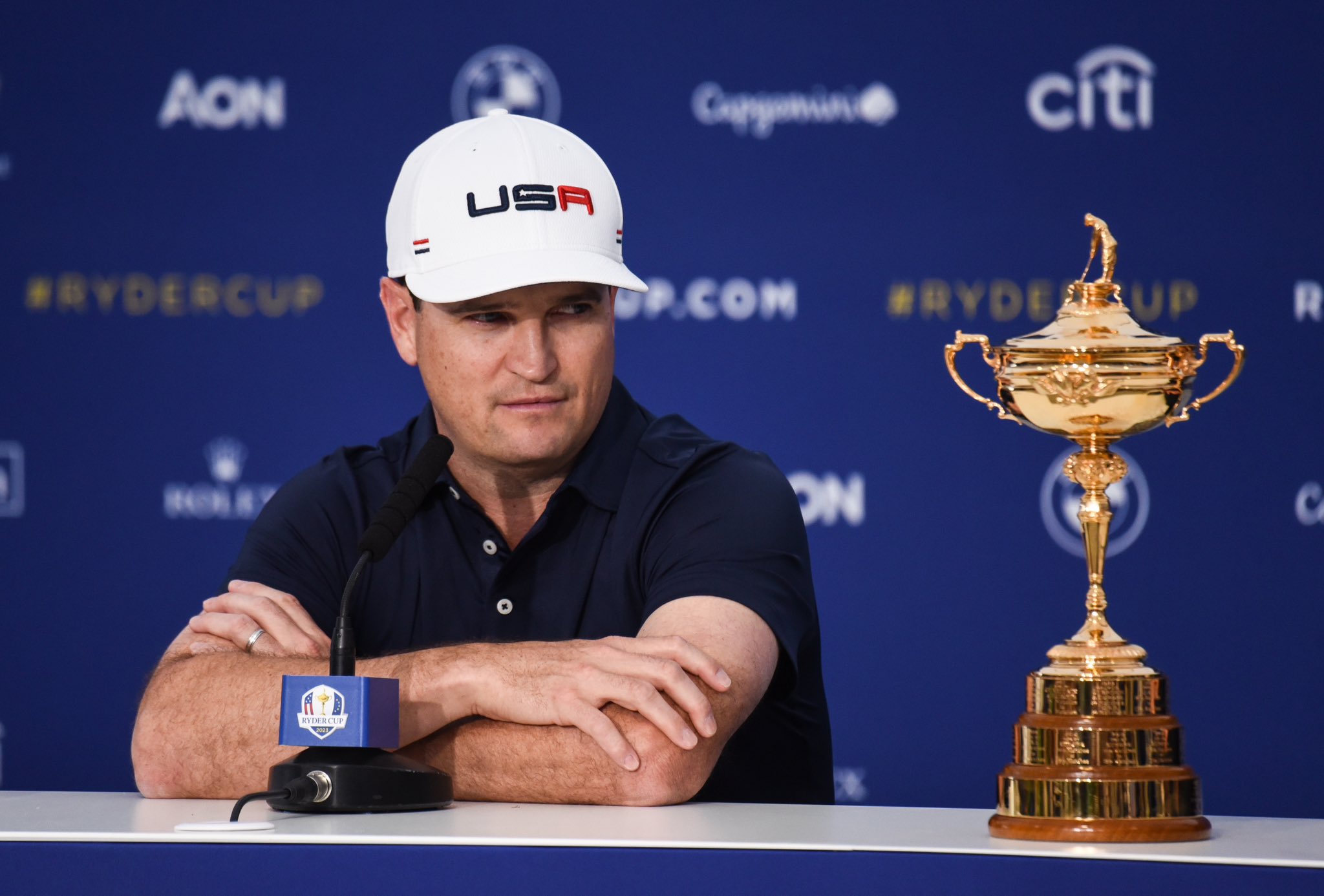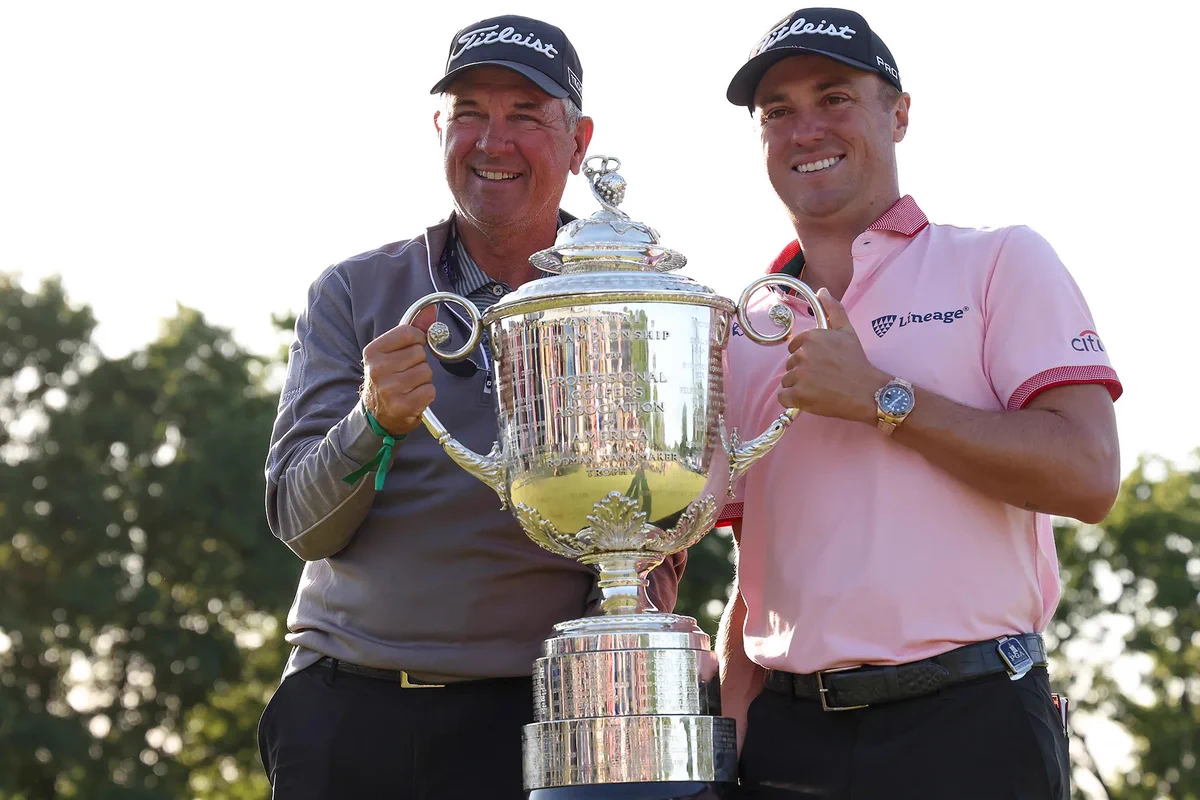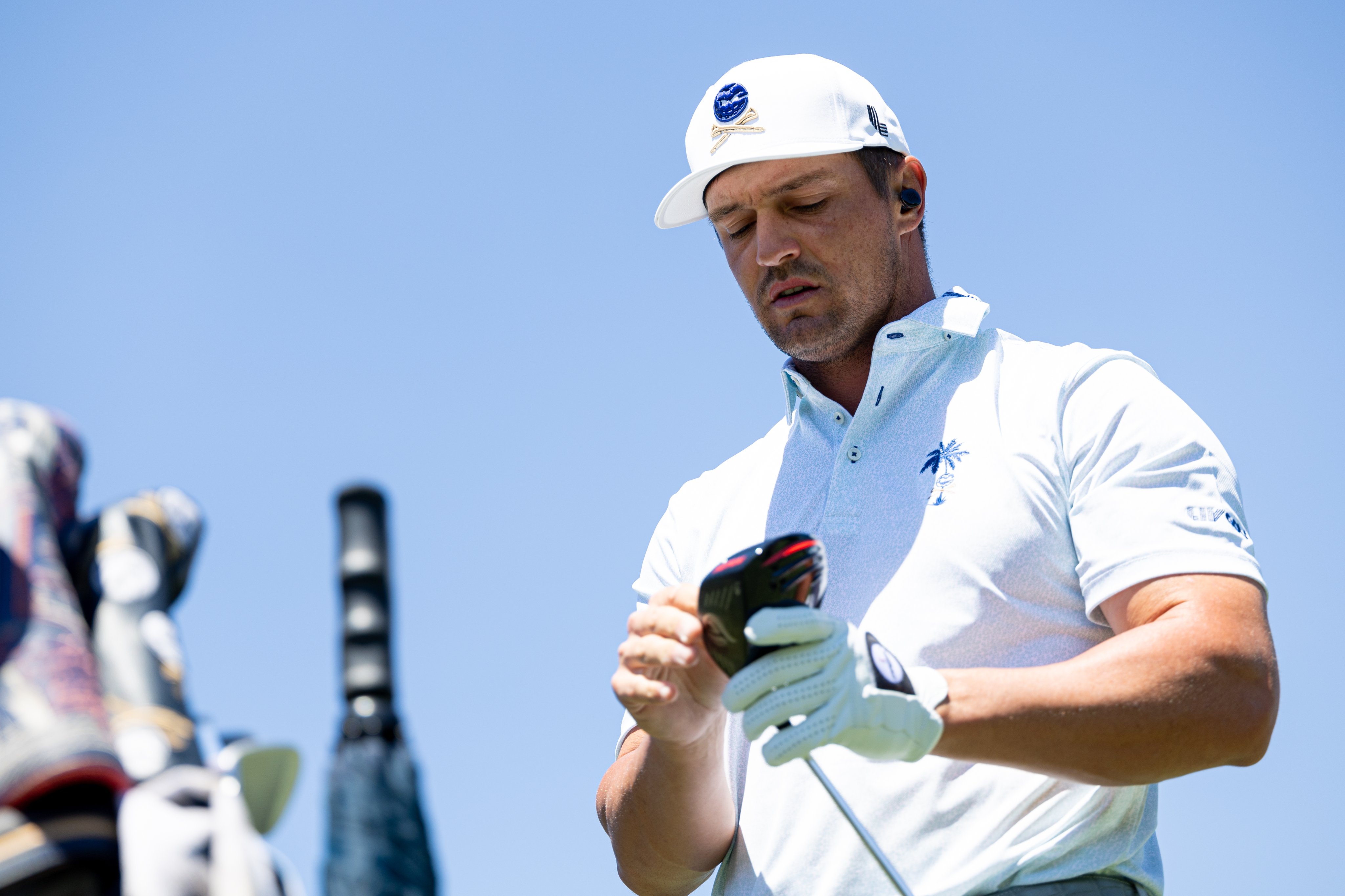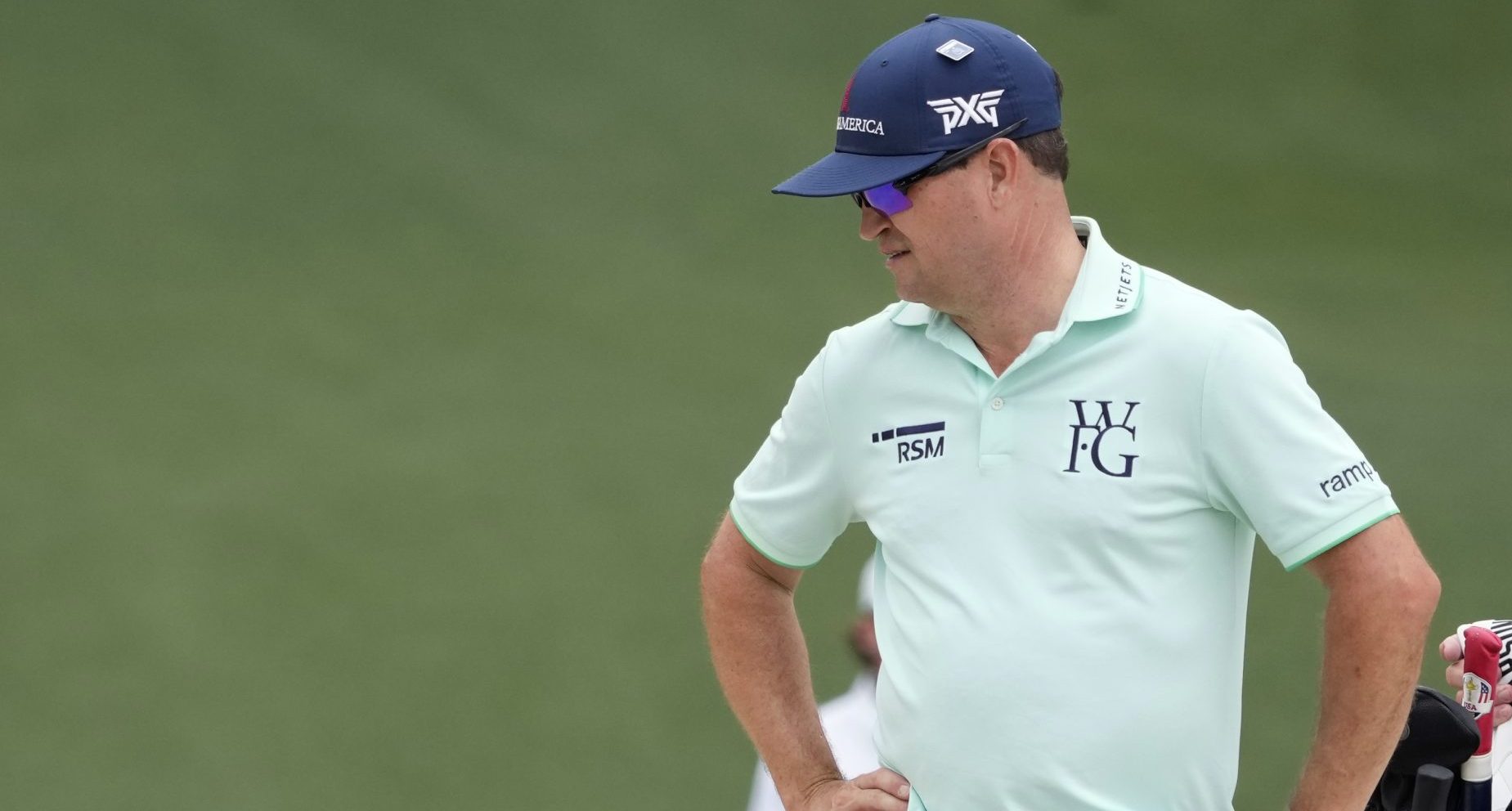Just For Fun
On Veteran’s Day, Meet Lloyd Mangrum
Lloyd Mangrum, nicknamed Mr. Icicle for his unshakeable demeanour on and off the golf course, was a professional golfer from 1937 through 1962. He played against the likes of Sam Snead, Ben Hogan, and Byron Nelson, which is probably why few of us have ever heard of him.
And yet, when the greatest 100 professional golfers were ranked in the “History of the PGA TOUR”, Mangrum was listed at number seven, ahead of Gary Player, Tom Watson, and Lee Trevino.

Photo via Tumblr
Lloyd Mangrum had 36 PGA Tour victories during his career, winning one Major. He was runner-up in four others and placed third in five more, losing in two U.S. Open playoffs in 1940 and 1950. He also finished in the top ten at the Masters for ten years in a row, shooting a tournament record, 64, in 1940. It was a record that would stand for 46 years, ultimately surpassed by Nick Price’s 63 in 1986. Mangrum was the leading money winner in 1951 and won the Vardon Trophy, the award for the lowest scoring average on tour, twice.
Byron Nelson once said of Mangrum, “He was a tough competitor and an excellent putter. Any time you beat him, you could know you were playing well.”
He also played on four Ryder Cup teams, a playing Captain in 1953. He went 6-2 overall in Ryder Cup play, with a 3-1 record in singles play.
Finally, Lloyd Mangrum was inducted into the World Golf Hall of Fame in 1998, receiving 75% of votes that year, with no other player receiving more than 66% of votes.
And these were the least of his accomplishments during his extraordinary life.
“I don’t suppose that any of the pro and amateur golfers who were combat soldiers, Marines, or sailors will soon be able to think of a three-putt green as one of the really bad troubles in life,” Mangrum once explained.
Lloyd Mangrum’s PGA career was interrupted by World War II, although it didn’t necessarily have to.
While training in the U.S. Army and training for the D-Day landings, Mangrum was offered the professional’s job at the Fort Meade golf course in Maryland. It was a job that would have kept him out of combat. Incredibly, he declined the offer.
Instead, he participated in the invasion of Normandy, where he suffered a broken arm in two places. Mangrum would return to battle to fight in the Battle of the Bulge, in which he would suffer from multiple shrapnel wounds.
He would finally return home from the war in 1945, earning four battle stars and two Purple Hearts. He was one of two soldiers from his original unit that would survive the war.
One year later, he would defeat Byron Nelson in an 18-hole playoff to win the U.S. Open for the only Major victory of his career.
During his time, Lloyd Mangrum was known for his snappy wardrobe, his pencil-thin mustache, and was considered one of the best putters of his era.
Today, let’s remember Mr. Mangrum for what he truly was: A Hero.
Learn more about Lloyd Mangrum and many other professional golfers that were first war-time heroes in the video below:
Veterans Day and the Hall of Fame
Hall of Fame Historian, Dr. Tony Parker, presents artifacts and stories from some of the 20+ Hall of Fame members who have served in the military. Hall of Fame members highlighted include Lloyd Mangrum, Horton Smith, Arnold Palmer, Patty Berg, Lee Trevino, Tommy Armour, Henry Cotton, Pete Dye, former President Dwight D.
Cover Photo via YouTube
-
Equipment5 days ago
Bryson DeChambeau is Using Custom 3D Printed Irons at The Masters
-

 News1 week ago
News1 week agoMalbon Has Jason Day Looking DAPPER for The Masters
-

 Fantasy Golf Predictions3 days ago
Fantasy Golf Predictions3 days agoFantasy Golf Picks, Odds, and Predictions – 2024 RBC Heritage
-

 News1 week ago
News1 week agoDark Skies Ahead: Masters Forecast to Favor Bad Weather Golfers
-
News6 days ago
U.S. Open Champ Takes a Dig at DeChambeau, but Is It Warranted?
-
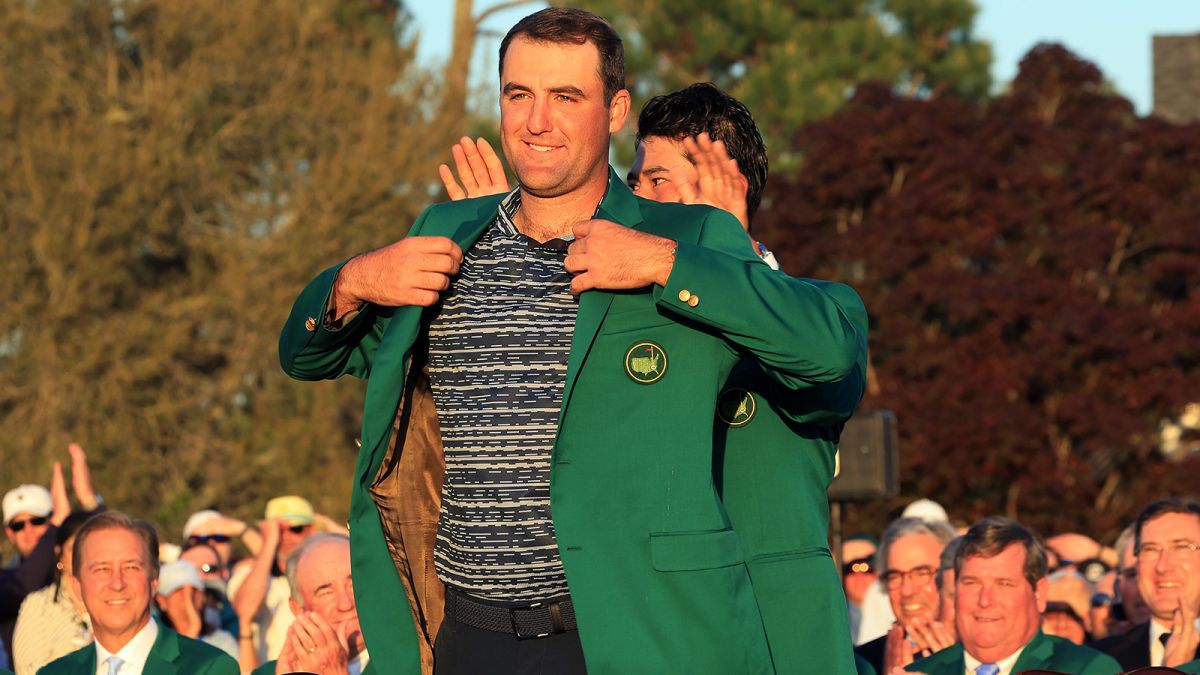
 News1 week ago
News1 week agoLANDSLIDE: Brandel Chamblee Predicts a Runaway Victory for Past Masters Champ
-
News5 days ago
WATCH: Frustrated Ryder Cup Caption has Choice Words for Masters Patrons
-

 Apparel1 week ago
Apparel1 week agoViktor Hovland Joins Team Puma








